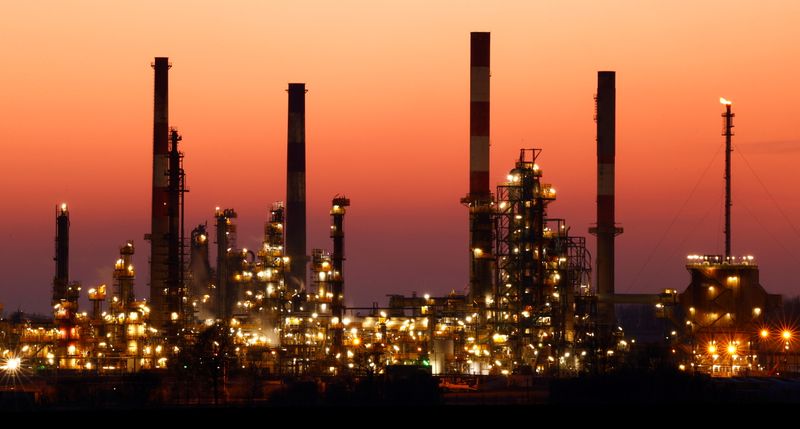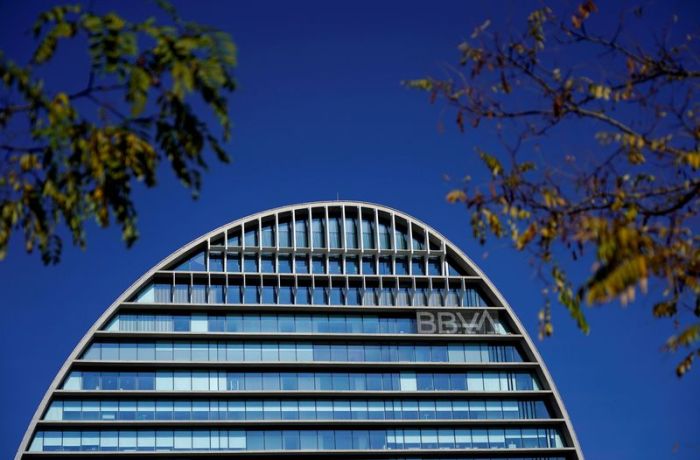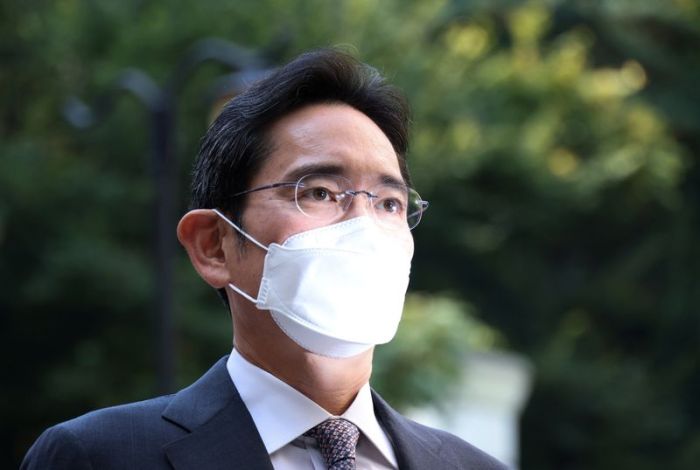By Laura Sanicola
NEW YORK (Reuters) -Oil prices settled mixed on Monday as investors wondered whether crude supplies will increase and whether demand will be pressured by the recent surge in energy costs, the strong dollar and rising COVID-19 cases.
Brent futures settled down 12 cents, or 0.2%, to $82.05 a barrel while U.S. West Texas Intermediate (WTI) crude rose 8 cents, or 0.1%, to $80.88.
In early trading, the oil market factored in speculation that President Joe Biden’s administration could fight high prices by releasing crude oil from the U.S. Strategic Petroleum Reserve, but skepticism about that approach caused U.S. crude to edge higher, according to John Kilduff, partner at Again Capital LLC in New York.
“The market appears to have priced in too aggressively that the SPR release would happen,” Kilduff said.
Weighing on oil prices, the U.S. dollar hit a 16-month high against a basket of currencies as investors worried about the global economy.
A stronger dollar makes oil more expensive for buyers using other currencies.
Last week, U.S. energy firms added oil and natural gas rigs for a third week in a row, encouraged by a 65% increase in U.S. crude prices so far this year. [RIG/U]
U.S. shale production in December is expected to reach prepandemic levels of 8.68 million barrels a day, according to Rystad Energy. Meanwhile there are indications demand may be slowing due to heightened coronavirus cases and inflation.
The Organization of the Petroleum Exporting Countries (OPEC) last week cut its world oil demand forecast for the fourth quarter by 330,000 bpd from last month’s forecast, as high energy prices hampered economic recovery from the COVID-19 pandemic.
“The market now seems to be less concerned about the current supply tightness, expecting it to be short-lived,” Rystad senior markets analyst Louise Dickson said. “Traders are instead refocusing on the return of two bearish factors – the possibility of more oil supply sources and more COVID-19 cases.”
UAE Energy Minister Suhail al-Mazrouei said all indications point to an oil supply surplus in the first quarter of 2022.
“There’s little chance of OPEC+ raising output faster, especially if … the group expects the market to return to surplus in the first quarter of 2022,” said Craig Erlam, senior markets analyst at OANDA.
Europe has again become the epicenter of the COVID-19 pandemic, prompting some governments to consider re-imposing lockdowns, while China is battling the spread of its biggest outbreak caused by the Delta variant.
Royal Dutch Shell PLC said it would scrap its dual share structure and move its head office to Britain from the Netherlands.
(Additional reporting by Noah Browning, Naveen Thukral, Roslan Khasawneh and Scott DiSavino; Editing by Maju Samuel, Steve Orlofsky and David Gregorio)
























